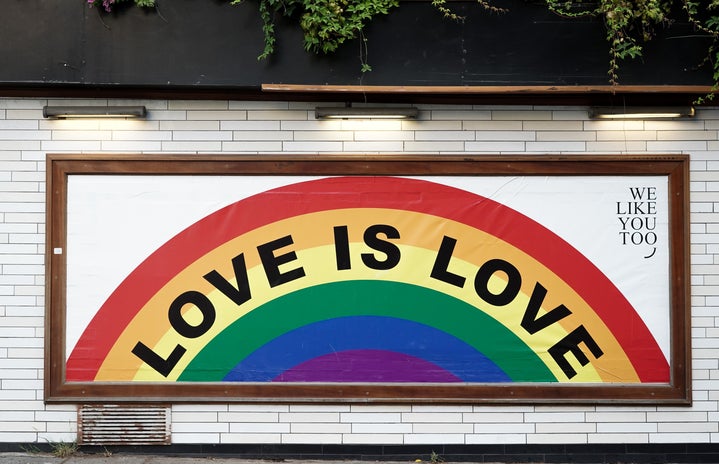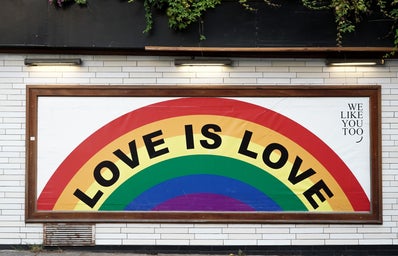Biphobia refers to the prejudice and discrimination those who identify as bisexual face by others. Those who are bisexual are identified as having an attraction to more than one gender and many people identify with this sexuality today. Although awareness about bisexuality has come up in recent years, biphobia still exists and can occur outside of and within the LGBTQ+ community.
There are many different comments that are constantly made towards the bisexual community that are extremely harmful and help to produce bi-erasure- which refers to the invisibility bisexual people face. Something I remember hearing a while back is that bisexual men are too scared to come out as gay and bisexual women are just having fun and will eventually end up in a relationship with a man. Somehow men continue to be the center of this argument as if they are the inevitable choice for all bisexual people. It surprised me how many people thought like this and how many people within the LGBTQ+ community also held these views. It makes it seem that being bisexual is just a phase to the final “end goal” of either being straight or gay. This idea takes away from what it truly means to be bisexual and perpetuates harmful ideas.
Another common experience that many bisexual people face, specifically women, is the fetishization of their sexuality. Bisexual women are often thought of as being more promiscuous and there is an idea that when a bisexual woman is engaging with another woman in public (touching or kissing), it’s performative. Have you ever heard a cisgender straight man talk about how hot it is for two girls to be together, but get grossed out at the thought of two men being together? Bisexual women have become a fantasy for cis-heterosexual men, reducing one’s identity to being something that is done with the intention of attracting the male gaze. There is also an issue with men assuming that because a woman is bisexual that means she is okay with having threesomes or being in polygamous relationships. Being bisexual doesn’t mean one is automatically okay with this. As well, being bisexual doesn’t mean that cis-heterosexual men can use their sexuality to fulfil some fantasy of theirs.
All bisexual people are valid no matter if they have only ever been with one gender. This idea often throws people off- being bisexual means being attracted to more than one gender not necessary that they will ever have the chance to be with them. Take for example a bisexual man who is in a long-term relationship with his girlfriend. He will still identify as bisexual even if he has never been with another man before and being in a “straight passing” relationship doesn’t change that fact. Imagine coming out as bisexual after being in a long-term hetero-normative relationship with someone you are happy and in love with. It isn’t going to change the fact that you’re committed to the person you’re with, but it also doesn’t mean that others get to deny your sexuality. You’re the person that knows yourself best and to whom you’re attracted to.
There are so many obstacles people face when coming out as bisexual and there are many more stereotypes the bi community faces that I didn’t have the chance to talk about. Understanding bi-phobia and its harmful effects are necessary for everyone, whether you identify as part of the LGBTQ+ community or not. Bisexuality is not something to be erased, and being educated on your attitudes towards the community can help in furthering awareness of this widespread issue.


